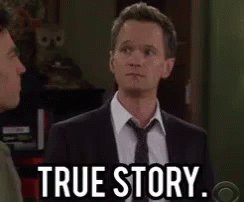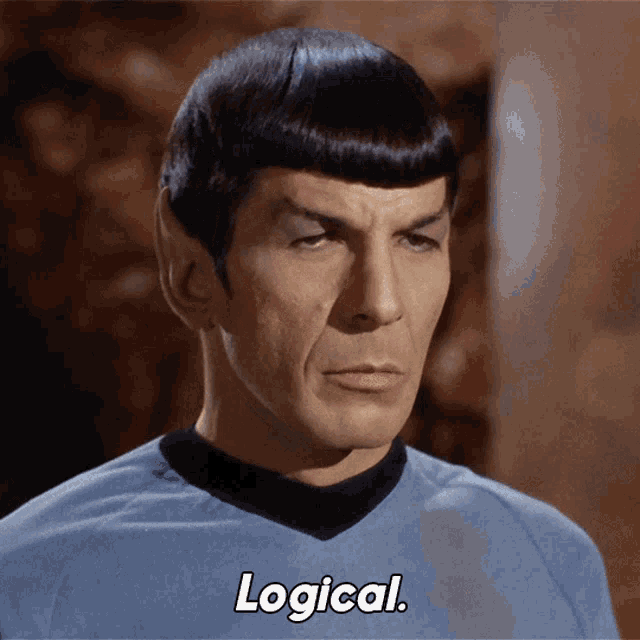[Chapter 1] The philosophy of a tester: Sophists
Sophists and QA, Reasonableness is not always true
QA appears to be a totally pragmatic practice, false or negative, go or no go. Then, when I start to talk about it, I find myself firstly with the mental limitation that I can only talk about it from a pragmatic side, and it is very difficult to approach it to me from a more philosophical side.
To break this spell and overcome this limitation it would not be bad to start remembering the sophists which they might look a bit pragmatical, who as testers were total skeptics. They did not like the idea of accepting something just because reason told them it was true, they constantly wanted evidence, something that is a must in the process when we do quality control, how we demonstrate that what we see is really what happens and even more how we make sense of what happens. Why by clicking this button this happens, and not this other, not only because the Product Owner (opens in a new tab) (our voice of reason) says so, but also to understand that what happens makes sense.

Ultimate truth and experience
The Sophists were strongly against the idea that the real world was only structured and happened at an atomic level of how things and their elements were formed. They agreed that human experience should be the pinnacle of the truth that surrounds us. The million dollar question was then, if truth was based on sensory experience, what experience should be the guide?
Something similar happens in software development at least in 2 instances:
One is what we call our functional source of truth, and that is that just like sophists, QA's (like anyone else in the team) must first look for who or what can define for us from their experience in the field (reality) how things are and should be. To start without that is to build on sand, each one goes out for what he/she thinks is reasonable and the sense we talked about before is not unified.
The second instance, much more technical, is that when we build information systems, we must assemble them in such a way that the different information accumulations do not contradict each other. A very basic example is that if I have a user in my system, the first and last name I have to take from the financial information or the legal information? from the connected facebook account or the instagram account, what happens if each one of those information clusters has a slightly modified name, I use Pepe L. Rodriguez, Pepe Luis Rodriguez or Pepe Rodriguez? That definition of informational source of truth (opens in a new tab) is a very important feature, because again it answers the question, which of all those names has real MEANING for our system.
The weapon of argumentation
Something very fundamental and that we should not overlook is that the sophists were above all people who were dedicated to teaching how to win arguments, that is to say, for a sum of money they taught argumentative tactics. This goes hand in hand with the question posed above about which experience is true and which is just nonsense.

The ability to argue your truth and as a QA to put the facts and evidence on the table as they are is as important as discovering them. There is no point in finding deficiencies in the systems we control if we can't correctly convey what we are seeing and experiencing, with the urgency we feel is necessary. This is where our ability to set up triage meetings (opens in a new tab) or the descriptive quality in which we report those problems (opens in a new tab) come in, without getting into technicalities.
As one of the Sophists Gorgias said "Just as different drugs draw different humors from the body - some put an end to disease, some to life - so it is with words: some cause pain, some joy, some instill fear, some incite the public to audacity, some numb and stultify the soul with malignant persuasion. ..." and Protagoras, another sophist concluded "the man who holds the opinion is the measure of the value of the argument, not the argument itself or the facts on which it is based." Or, as he says in the first sentence of one of his most famous works, "man is the measure of all things".
Relative truth and binary systems
Here we enter the boggy ground of sophism and why it is so hated, like that QA who one Friday afternoon finds a critical bug and the weekend is just a constant debugging session. If man is the measure of all things but there are as many measures as there are people at the same time that things usually have only one measure, we fall into the root of many endless discussions, RELATIVISM.
Relativism helped among many other things to assault the idea of moral principles and divine right. As well as for the development teams, it allows us to assail the idea that the way to implement a system is in only one way, and with only one language, when in truth there are multiple ways of approaching the problems. By this I mean that although computer systems are binary does not mean that the methods with which we build them are, and that is where the errors originate, not in the systems but in how we implement them.

It is very important as QA's to have the ability to navigate those relative truths between business and technical, between political decisions and unchained egos. Having the ability to be able to discern when an argument, however solid it may be, does not hold the truth is very important, and to go beyond it and be able to dismantle it to show that there are other voices in the team that even more quiet or less argumentative make sense (always coming back to this word), is without a doubt one of the central tasks of quality control.